What triggers the Money Purchase Annual Allowance (MPAA)?
Learn what the MPAA is, how it works, and what triggers it.

Important information on pension withdrawals
Once a request to make a withdrawal from a pension has been made it cannot be cancelled. This means Tax Treatment & Pension Allowances changes cannot be reversed. If you are unsure do not request a withdrawal. We recommend speaking to an authorised financial advisor or seeking guidance from the Government’s Pensionwise Service.
Taking a pension income may trigger the MPAA, which reduces the amount you can contribute to your pension each year.
What is the MPAA?
The MPAA (Money Purchase Annual Allowance) is a reduction in the amount you can contribute to your pension each year.
Once you have begun to withdraw a taxable income from your pension, you may trigger the MPAA. The maximum amount you can contribute to your pension is reduced to £10,000 (down from the usual £60,000 annual allowance).
What are the MPAA rules and how does it work?
The MPAA is triggered when you withdraw income from a defined contribution pension scheme, not including any tax-free lump sums you are entitled to.
It is designed to limit the amount you can benefit from tax relief after retirement. If you exceed the MPAA, you may face a tax charge.
How can I retain my current annual allowance?
It is important to note that the MPAA is not triggered in all circumstances where you access your pension. You will not trigger the MPAA if you:
- Take up to 25% of your pension as a tax-free lump sum.
- Take your tax-free lump sum and buy a lifetime annuity (that can stay level or increase)
- Receive benefits from a defined benefit pension scheme.
Money Purchase Annual Allowance FAQs
Learn more about your pension options
Learn how to make the most out of your pension with our useful guides.
Important information: The ii SIPP is for people who want to make their own decisions when investing for retirement. As investment values can go down as well as up, you may end up with a retirement fund that’s worth less than what you invested. Usually, you won’t be able to withdraw your money until age 55 (57 from 2028). Before transferring your pension, check if you’ll be charged any exit fees and make sure you don't lose any valuable benefits such as guaranteed annuity rates, lower protected pension age or matching employer contributions. If you’re unsure about opening a SIPP or transferring your pension(s), please speak to an authorised financial adviser.